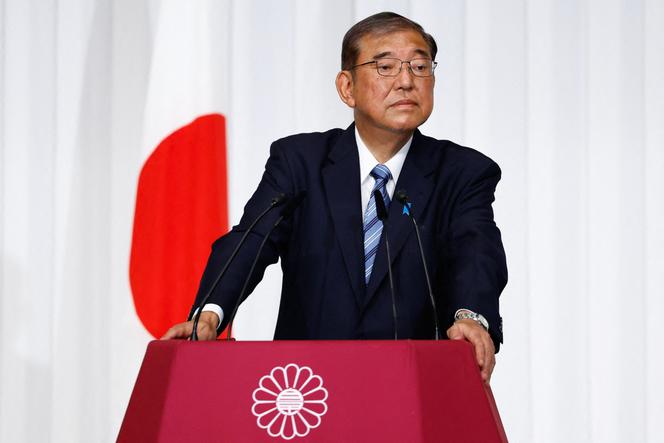


In keeping with Japanese tradition – which is very different from the one prevailing in France – Shigeru Ishiba, the Japanese prime minister, apologized for his defeat. He acknowledged his fellow citizens' distrust and anger but ruled out resigning. Yet he has no one to blame but himself.
As soon as he took office on October 1, he decided to call a general election to consolidate his majority. Unfortunately – as in France – the opposite happened. For the first time since the post-war period, with the exception of a brief episode between 2009 and 2012, the Liberal Democratic Party lost its majority in Parliament. A new era has dawned on the archipelago.
Public anger and mistrust stem from a recent financial scandal – one of several – but also, more prosaically, because of the return of inflation, a situation Japan hasn't faced in 30 years. Ishiba also lost out over the rising costs of a plate of noodles. Two Reuters reporters shared the concerns of Taisei Hikage, who runs a small ramen street stall, so common in Tokyo, reflecting the everyday struggles of small businesses among rising costs.
These wheat noodles, originally from China and served in countless ways, are very popular in Japan. It's even said to be the prime minister's favorite dish. Since opening his restaurant a year and a half ago, Hikage has had to raise his prices three times. His "ramen special" has increased by almost 50% since he set up shop. This price hike is notable in a country that has been lamenting deflation for three decades, crippling its economy and driving the government into deeper debt to sustain the economy.
Since the outbreak of the distant war in Ukraine in February 2022, everything has changed. Energy prices have soared, as have the prices of raw materials – such as wheat – and even wages. What's more, the country's currency, the yen, has plummeted to its lowest level against the dollar in 34 years. As a result, the weakening yen has amplified price increases for imported goods like flour and wheat. Inflation in Japan now exceeds 2% (2.4% in September), more than in France.
Behind this bad news for noodle lovers reflects a broader shift that is not necessarily negative for the country. As analysts at Société Générale pointed out, "inflation is taking root in the Japanese economy." This is making products more expensive, causing bankruptcies to rise sharply – and not just among restaurateurs – but also leading to wage growth. Economists are optimistic that this could reduce savings and boost investment, potentially revitalizing economic activity. While ramen may be more expensive, these changes could ultimately strengthen the economy.
